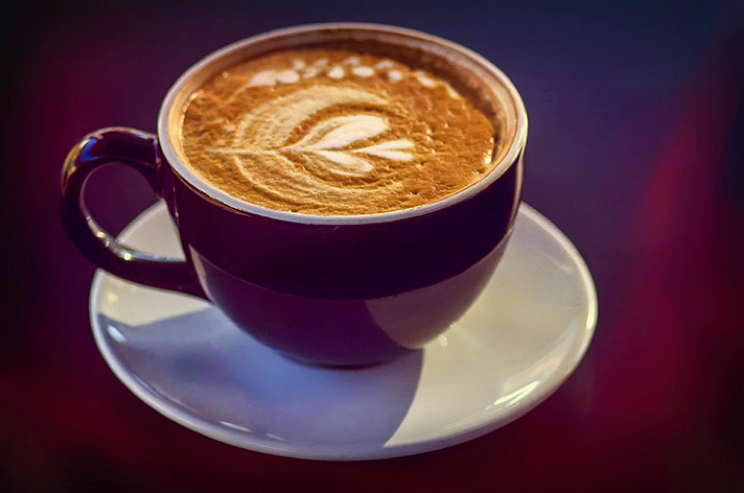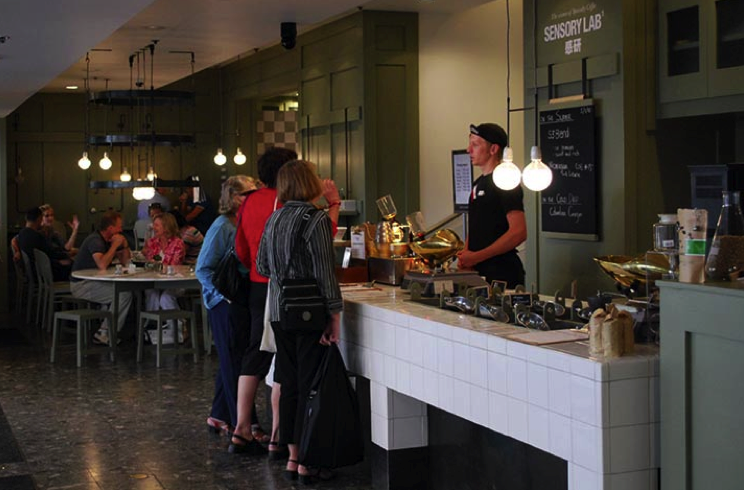When Howard Schultz visited Milan in the early 1980s, he had an epiphany. In the hundreds of cafes that lined the city streets, people were enjoying much more than coffee. They were relaxing in a “third place” which was neither the family home nor the workplace.
They could meet, chat, read the newspaper, watch football, and so on, free from obligations or pressures. And they would do this with a coffee in hand.
Schultz took this insight home with him to Seattle and soon applied it to his company. Three decades later, Starbucks is the world’s largest chain of coffee shops.
Cappuccino, no foam
Starbucks’ innovation was to combine the third-place concept with a much wider range of drinks and expand into countries where coffee culture was not as deep-rooted as in parts of Europe.
Try ordering a Skinny Latte Venti, Tall White Mocha or Double Chocolaty Chip Crème Frappuccino in an old-school European coffee house or cafe and you may be disappointed. The traditions that inspired Howard Schultz have changed little over the centuries.

For example, UNESCO describes the Viennese coffee house as a place “where time and space are consumed, but only the coffee is found on the bill.” These are places where philosophers met and philosophized, where revolutionaries planned, and where authors wrote. Les Deux Magots in Paris provided a third place for Jean-Paul Sartre and Simone de Beauvoir, Ernest Hemingway and Pablo Picasso.
Why change a good thing?
The trouble with traditions is that they can stifle innovation. If one supplier has provided excellent coffee for decades, and the customers keep coming back, there’s no need to rock the boat.
Starbucks and friends, meanwhile, are big corporations at heart. Innovative drinks and a cozy third space are only a route to bigger profits.
One country has found the perfect balance between European traditions and new-world innovation.
The rise of the Aussie Barista
Australia’s cities are home to a huge number of cafes that arrived with Southern European immigrants after the Second World War. They express better than anywhere else the meeting of the traditional third space with the art of the modern barista.
In the spirit of the new world, Aussie baristas take the old European traditions but are not afraid to innovate with new techniques and suppliers.

What makes cities like Brisbane, Melbourne or Sydney stand out is that the local coffee culture has developed without the influence of the international chains. Starbucks opened aggressively in Australia… and soon shut two-thirds of its cafes citing a “very sophisticated coffee culture” that didn’t want or need an international chain.
English + Barista training in Brisbane
If you are looking for a place where you can develop your English skills while gaining work experience and making friends in one of the world’s great coffee cultures, we have an excellent new program for you.
Combine language study with learning the art of the barista in Brisbane. Alongside an intensive English program, you will gain a recognized vocational barista qualification, taught by local experts. Once you have finished your training, you can find a student job in one of the excellent cafes in the city.
Not only will this look excellent on your CV, but it puts you at the heart of local life. Working in a café in Brisbane, you will meet all kinds of people from the city and around the world.
If you are really considering Australia as a place to learn English we suggest you take a deep look at the working holiday visa regulations.
At the heart of a community
From the bearded twenty-somethings working on their screenplays to the young mums and business brigade, everyone is brought together by their love of the bean and their need for a space to enjoy it.

As a barista, a whole flock of people becomes dependent on your coffee-making skills to get their daily fix, to provide the gustatory accompaniment to their social lives in their own, personal third places.
We believe that finding a local job is one of the best ways to develop your English while having an authentic local experience. Best of all, you will bring home professional skills that make you much more employable at home. And the ability to make an amazing cup of coffee!
Images: Steve Corey (CC BY-ND 2.0), Alpha (CC BY-ND 2.0), Olga Filonenko (CC BY-ND 2.0)

